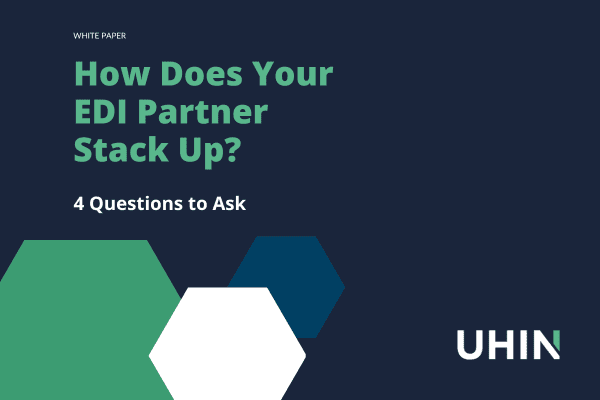
4 Questions to Ask
Question 3: Are Providers Frequently Contacting You With Questions About Their Claims?
Health plans constantly seek to optimize their high-performing provider networks which provide value to members and patients. To grow these important networks, payers should nurture their provider relationships through personal attention and cutting edge technology.
This is particularly important at a time of mounting staffing shortages and rhetoric of economic downturns. Additionally, medical claim volume increased by 28% in 2022 as vaccines became available, medical offices reopened and pandemic regulations softened. When you add this up, the need for administrative simplification becomes more obvious for health plans and providers.
Tracking down claims, managing denials and submitting myriad claims can burden staff, compound labor costs and decrease profitability. When your provider network is stressed then your ability to grow as a carrier is impacted. Your EDI partner should automate workflows and manage your trading partner network so your support staff can focus on more strategic priorities, rather than answering phone calls and emails all day long.
Our third question addresses this concern as you ask yourself, “how does my EDI partner stack up?”

Ready to jump to all four questions? Want to see how your EDI partner stacks up? Download our white paper here.
Are Providers Frequently Contacting You With Questions About Their Claims?
When resources are tied up managing claim inquiries, you’re likely underperforming your peers and weakening your organization.
An inability to provide visibility to track and troubleshoot claims in a timely fashion can create financial implications. The increased demand on staff can decrease productivity, which could further delay payments and lead to staff burnout and turnover. Payers must respond to providers within a regulated timeframe, and providers rely on prompt payment for cashflows and their own business growth. Further dissatisfaction amongst providers and members can upend the collaborative nature of interoperability and could drive providers and members away to different plans.
The volume of inquiries to track down claims can burden staff and compound labor costs through the need to hire additional people. The situation can foster negativity between providers and operators, reducing satisfaction for both groups. Your EDI partner should work with you to increase your ability to automate claims processing. Part of this is facilitating a simple, electronic process for providers to submit their transactions and understand the status along the way.
